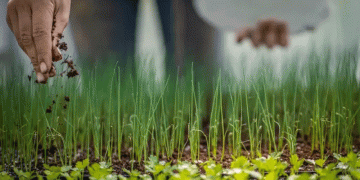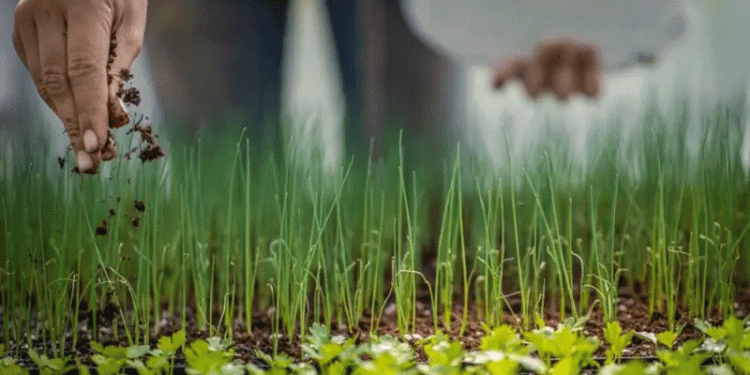Starting July 1, 2024, the European Union will impose additional tariffs on fertilizers imported from Russia and Belarus, escalating economic measures amid geopolitical tensions. The move has sparked strong opposition from European farmers, who fear rising production costs and declining competitiveness.
Farmers Warn of Higher Costs and Lower Yields
The Copa-Cogeca, Europe’s largest farmers’ union, has repeatedly warned that these tariffs will harm the agricultural sector. In February 2024, they urged the EU to abandon the plan, arguing that no viable alternative exists to replace Russian and Belarusian fertilizers. According to their estimates, Russia supplies around 25-30% of the EU’s nitrogen fertilizers, a critical input for crop production.
The new tariffs will start at €95 per ton in 2024, gradually increasing to €315 per ton by 2028, on top of the existing 6.5% ad valorem duty. While the EU claims this phased approach will soften the blow, farmers remain skeptical. Many argue that without affordable fertilizer, crop yields could decline, leading to higher food prices and reduced export competitiveness.
Lack of a Clear Alternative Strategy
The EU has not presented a concrete plan to replace Russian and Belarusian fertilizers. While Brussels suggests diversifying sources, global fertilizer markets remain tight. According to the International Fertilizer Association (IFA), global fertilizer demand is expected to grow by 1.5% annually, while supply chain disruptions persist.
European farmers may turn to more expensive imports from the U.S. or North Africa, but quality and logistics remain concerns. Russian fertilizers are known for their high nitrogen content and reliability—factors that are hard to match.
Political Fallout and Long-Term Risks
The Kremlin has criticized the move, with Dmitry Peskov, spokesperson for President Putin, stating:
“The EU will get nitrogen fertilizers at a higher price and of worse quality… Europeans, as always, are shooting themselves in the foot.”
Meanwhile, European lawmakers argue that reducing dependency on Russian imports is necessary for long-term security. However, without a realistic transition plan, the tariffs could backfire, weakening Europe’s agricultural sector instead of strengthening it.
The EU’s new tariffs on Russian and Belarusian fertilizers risk increasing production costs, reducing yields, and making European agriculture less competitive. While the goal of reducing dependency is understandable, the lack of a viable alternative could hurt farmers and consumers alike. If the EU fails to provide a sustainable solution, the policy may end up harming the very sector it aims to protect.































